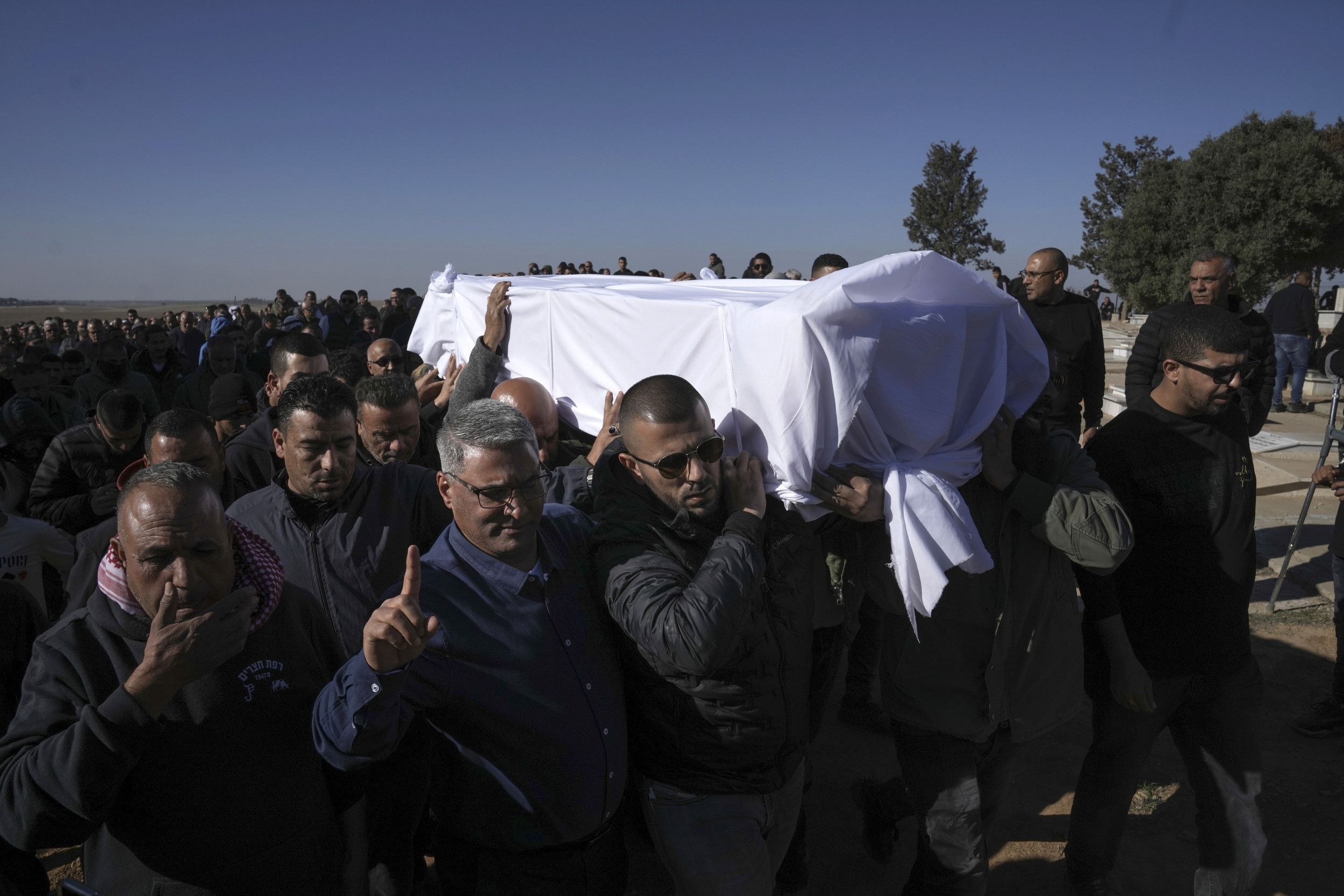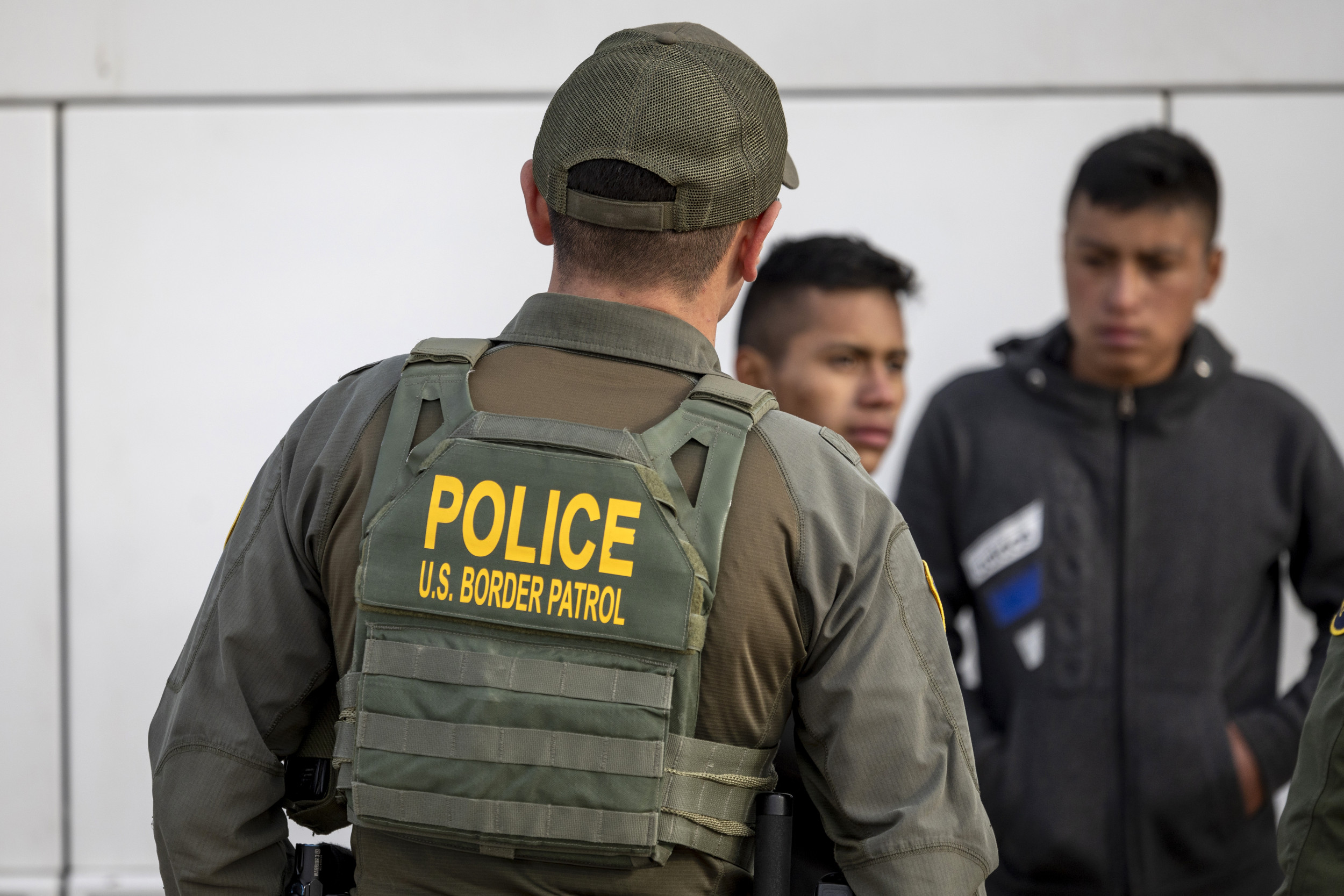Companies involved in the construction of several Saudi Arabian megaprojects have been called on to examine their relationship with the nation amid significant human rights abuse allegations.
Human rights organization ALQST released a report warning that companies working with the biggest construction projects in Saudi Arabia, which includes several American firms, run the risk of "political and reputational risks" as the projects face allegations of dangerous conditions and abuse of migrant workers.
The report highlighted Neom, the flagship project of Saudi Arabia's Vision 2030 plan and the largest construction site in the world, as "an overambitious vanity project that presents both human rights and environmental challenges," calling on companies involved with its construction to reconsider their relationship.
Several American companies currently have a working relationship with Neom, including Air Products & Chemicals, which is helping to build the world's largest green hydrogen plant in Saudi Arabia, and Ruder Finn, a PR firm helping the project avoid a negative reputation.
Newsweek contacted Air Products & Chemicals and Ruder Finn, as well as the Public Investment Fund, which manages the Vision 2030 projects, for a response to the report via email.

ALQST called on companies such as these to step back from Neom or reevaluate their relationship, writing in the report: "If a business does wish to participate in Neom, it has significant potential leverage to call out human rights abuses, as completion of the project will not be possible without foreign investment and support.
"As well as avoiding actual complicity in human rights abuses, businesses have a responsibility, laid down in the UN Guiding Principles on Business and Human Rights, to prevent any adverse human rights impacts linked to their operations through their business relationships.
"This includes respecting the rights of indigenous peoples, ethnic minorities and migrant workers, all of which are being violated by the Neom project. The UNGPs further emphasize businesses' responsibility to address adverse impacts where they occur by taking 'adequate measures for their prevention, mitigation and, where appropriate, remediation'."
The report comes amid allegations that thousands of migrant construction workers have died or gone missing since 2017 when construction on Neom began in earnest.
An ITV documentary found that migrant workers brought to Saudi Arabia from India, Bangladesh and Nepal were repeatedly killed in work accidents or by poor conditions at construction sites across the country.
Workers described being treated as "trapped slaves" and "beggars," with several violations of work safety regulations reported.
The Saudi Arabian National Council for Occupational Safety and Health said that allegations of human rights abuse were "misleading", writing in a statement: "In reference to the misinformation circulating across various media platforms—particularly claims suggesting an increase in worker fatalities linked to working conditions in Saudi Arabia, accompanied by unfounded statistics lacking credible sources—the National Council for Occupational Safety and Health in Saudi Arabia unequivocally refutes these assertions."
Shortly after the allegations surfaced, Neom CEO Nadhmi Al-Nasr resigned without an official explanation.
Do you have a story we should be covering? Do you have any questions about this story? Contact LiveNews@newsweek.com.




















 English (US) ·
English (US) ·